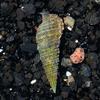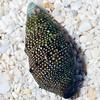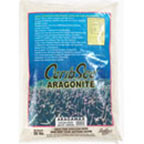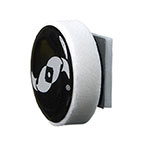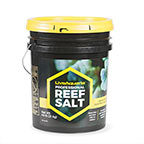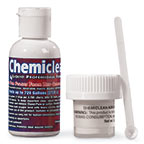
 SAVE up to 50%!
SAVE up to 50%!Additional locales and sizes may be available!
Additional locales and sizes may be available! Email me when availableQuick Stats
What do these Quick Stats mean? Click here for more information
What do these Quick Stats mean? Click here for more information
Overview
Native to the Caribbean and Eastern Pacific off the coast of Mexico, the Cerith Snail does best in larger, well-established reef systems with deep sand beds. This voracious feeder is most active at night. In fact, breeding pairs of Cerith Snails will lay their eggs on your aquarium glass just after dark in long, stringy curves. However, since these eggs take a while to develop, they are often consumed by other tankmates or removed from the water column by filtration before the eggs have a chance to hatch. The Cerith Snail is extremely difficult to breed in captivity. Not only is determining the sexes difficult, but the water parameters required to do so are unknown.
Like other invertebrates, the Cerith Snail is sensitive to high nitrate levels and copper based medications. It also requires a gradual acclimation process, preferably the drip acclimation method, since it is sensitive to even minute changes in water parameters.
Approximate Purchase Size: 1/2" to 1"
Supplies You May Be Interested In
Customer Testimonials
I ordered several of these fellows and the very first day they were busy cleaning the tank and eating algae. They're very lively and hardworking!



